The United States has approved two possible Foreign Military Sales to the Republic of Türkiye, covering advanced air-to-air missiles and associated support services with a combined estimated value of $304.1 million, according to announcements by the U.S. Defense Security Cooperation Agency (DSCA) on 14 May 2025.
The larger of the two packages includes fifty-three AIM-120C-8 Advanced Medium-Range Air-to-Air Missiles (AMRAAM), six guidance sections, and related support, at a projected cost of $225 million.
The AMRAAMs are intended to strengthen Türkiye’s air defence capabilities, including the protection of its homeland and U.S. forces stationed in the country.
In a separate approval, Türkiye is set to acquire sixty AIM-9X Sidewinder Block II missiles and eleven tactical guidance units for an estimated $79.1 million. The Sidewinders, used for close-range engagements, are part of a broader effort to modernise Türkiye’s air combat capabilities.
Both approvals include extensive logistics, training, spare parts, software support, and U.S. government and contractor services. The primary contractor for both missile systems is RTX Corporation (formerly Raytheon), based in Tucson, Arizona.
The DSCA stated the sales align with U.S. foreign policy objectives and support a NATO Ally that continues to play a stabilising role in Europe. “Türkiye will have no difficulty absorbing these articles and services into its armed forces,” the agency noted, adding that the sales will not alter the military balance in the region.
While no offset agreements have been proposed at this stage, any such arrangements would be negotiated between Türkiye and the contractor. The AIM-9X sale will require periodic U.S. government and contractor visits to Türkiye over the next eight years for oversight and technical support.
The deals still require approval by Congress before contracts can be finalised. The final value may vary depending on quantities ordered and budget allocations.


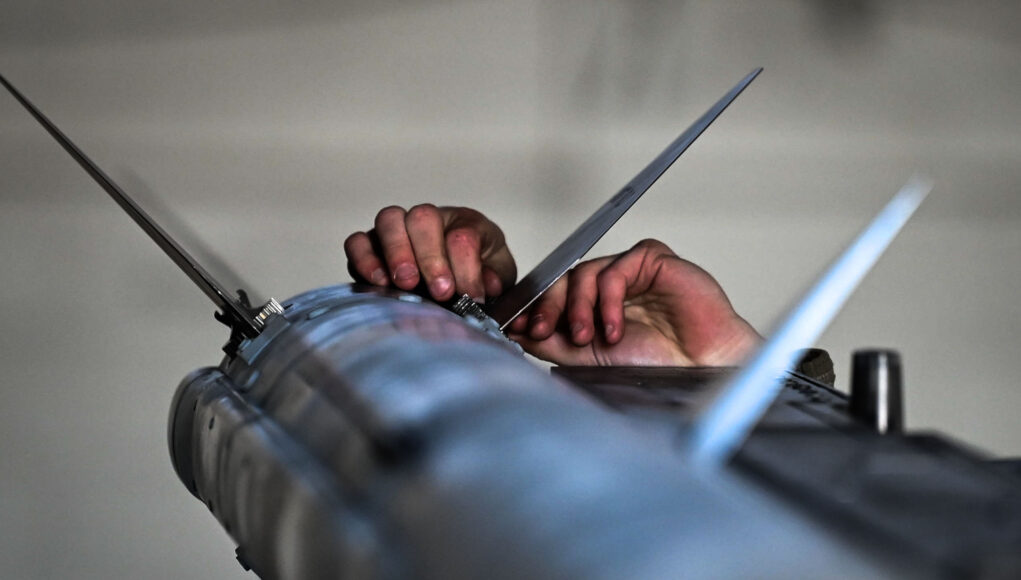
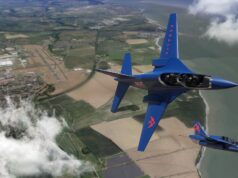
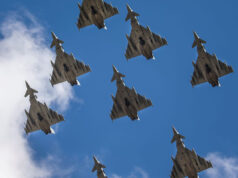
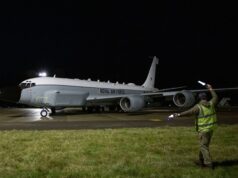
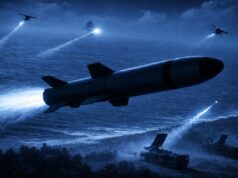
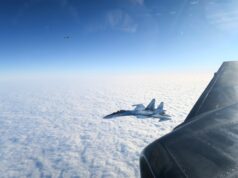
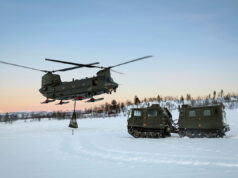


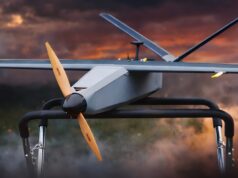


Surprised how little debate there has been about Turkey’s belligerence to Europe and the US, and how it affects its role within NATO. By many measures it has the second largest / strongest military in NATO, and its probably better to keep them in the fold if possible, which is maybe why there hasn’t been more of a public debate on it from other NATO countries.
Their relationships with Russia (a bit hot then cold) and Pakistan are of particular concern. And their conflict with the Kurds is not helpful to Western interests in the Middle East.
Given the cancellation of the F35 order, I’m surprised to see this order for pretty advanced weapons being submitted (even if it isn’t big). The link through Pakistan to China is a big risk in my opinion.
On the topic of advanced weapons, it should be noted that the AMRAAMs are the older C variant, not the current D variant.
I believe D is more advanced, but C8 is still top of the range and the best available to many even NATO nations until recently.
Although to be fair I’m not sure if any less advanced models are still in production.